TEMPO.CO, Jakarta - Japan's ruling Liberal Democratic Party (LDP) is to discuss the nation's security policies as it faces up to growing security challenges in Northeast Asia, including whether it should scrap the three long-held principles of not possessing, producing or permitting the entry of nuclear weapons onto Japanese territory.
The suggestion that the only nation to have been the target of atomic weapons in war might reverse its position and potentially have its own independent nuclear deterrent has provoked angry domestic opposition in the year that marks the 80th anniversary of the dropping of the atomic bombs on Hiroshima and Nagasaki and the end of World War II.
"The three non-nuclear principles are a basic national policy that is based on the national consensus," said Akira Kawasaki, a member of the executive committee of Japan-based NGO Peace Boat and joint chair of the Network for Nuclear Weapons Abolition.
Kawasaki noted that the Japanese Parliament has passed resolutions in support of the principles, "and past prime ministers have pledged to uphold the principles in August on the anniversary of Hiroshima and Nagasaki."
"I myself was very surprised at reports that the government might possibly review the non-nuclear principles, and peace groups and those representing 'hibakusha' [atomic bomb survivors] are also shocked," he told DW.
Tokyo eyes nuclear policy shift
The controversy erupted on November 11, when Japanese Prime Minister Sanae Takaichi refused to confirm to a parliamentary committee that her government would remain committed to the three non-nuclear principles that were formally adopted in 1971.
On November 20, LDP policy chief Takayuki Kobayashi deepened concern by saying that an upcoming review of Japan's security strategy would look at all areas.
"It's our responsibility as the ruling party to hold talks without any sacred cows," he said. "We should discuss a variety of topics."
The government is also to re-examine defense spending and will compile proposals covering all aspects of the nation's security by the end of April.
The pushback has been firm.
An editorial published by daily newspaper The Mainichi on November 19 declared, "Revisiting this principle would mark a retreat from Japan's path as a peaceful nation. If Takaichi pushes her personal view and proceeds rashly, it will leave a lasting scar."
The editorial, however, recognized there is "no doubt that Japan's security environment has become more severe," citing Russia's invasion of Ukraine and North Korea's acceleration of its own nuclear weapons program.
"But to neglect Japan's ideals would be to undo decades of work toward nuclear abolition. It would also raise concerns among neighboring countries," it added
Survivors lead nuclear resistance
Yoshihiko Noda, a former prime minister and now head of the opposition Constitutional Democratic Party of Japan, echoed that position, saying that Japan should "take the lead" in promoting the abolition of nuclear weapons and promising in a press conference in mid-November that he would resist a shift in the country's non-nuclear principles.
Nihon Hidankyo, or the Japan Confederation of A- and H-Bomb Victims' Organizations, has also been critical, issuing a statement on November 20 saying it "strongly protests" efforts to overturn the principles.
It added that survivors of Hiroshima and Nagasaki, "cannot allow nuclear arms to be brought into Japan or let the country become a base for nuclear war or a target of nuclear attacks."
Terumi Tanaka, a 92-year-old member of the group, told Kyodo news agency that nuclear weapons were "the devil's tool."
According to Akira Kawasaki, repeated opinion polls over the last decade have indicated that about 70% of Japanese are in favor of retaining the three non-nuclear principles, even though geopolitical tensions have risen in the region.
Those tensions have spiked even more sharply recently after Takaichi stated that a Chinese attack against Taiwan would be an existential threat to Japan and would require the deployment of Japan's Self-Defense Forces.
China-Japan tensions escalate
Beijing and Tokyo have since traded barbs, with China broadcasting anti-Japanese propaganda videos, ramping up economic sanctions and accusing Tokyo of stoking regional tensions.
US President Donald Trump has not commented publicly on the spat between China and Japan, however, during a phone call with Chinese President Xi Jinping on Monday, Xi told Trump that Taiwan's "return to China" is a key part of Beijing's vision for the world order, China's official Xinhua news agency reported.
Last Sunday, Japanese Defense Minister Shinjiro Koizumi visited Yonaguni island, in the far southwest of the Okinawa archipelago and just 110 kilometers (68 miles) from Taiwan, to inspect the planned deployment site of a battery of new medium-range, surface-to-air missiles.
Japan's nuclear debate sparks alarm
China responded by claiming the deployment was an attempt to "create regional tension and provoke military confrontation."
Tilman Ruff, a professor at the University of Melbourne and co-president of International Physicians for the Prevention of Nuclear War, says that Japan has long been effectively complicit in the acceptance of nuclear weapons as it relies on the US' nuclear umbrella and has turned a blind eye in the past to the US having nuclear weapons in Japan, including aboard warships.
But having its own nuclear capability would be a major step beyond that.
"If Japan deployed its own nuclear weapons, that would be a very significant development," he said.
"That would destabilize the whole of Northeast Asia and possibly trigger a cascade of proliferation that would make it much more likely that South Korea would also deploy nuclear weapons, all of which would feed into a regional arms race."
"But I think there is substantial concern among the Japanese public," he noted. "There is a very strong sensitivity in Japan built on the knowledge of and revulsion against what nuclear weapons really do."
Editor’s Choice: Trump's Proposed Nuclear Tests: What You Need to Know
Click here to get the latest news updates from Tempo on Google News

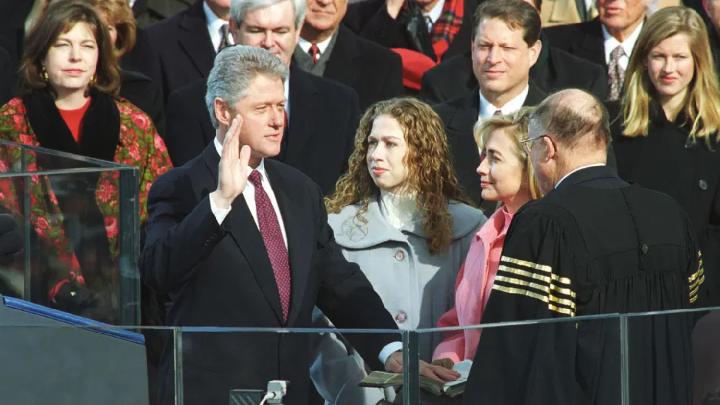



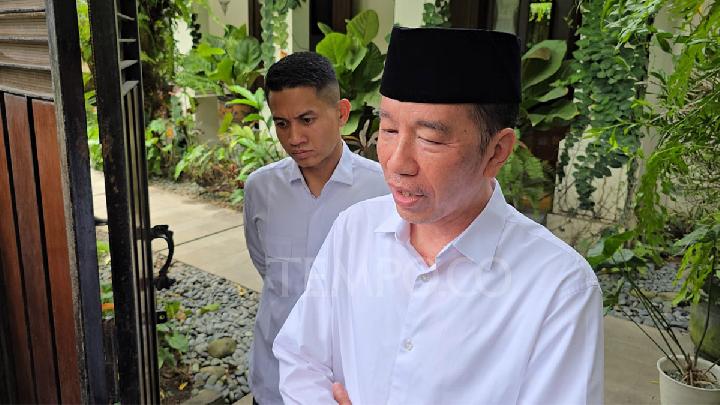


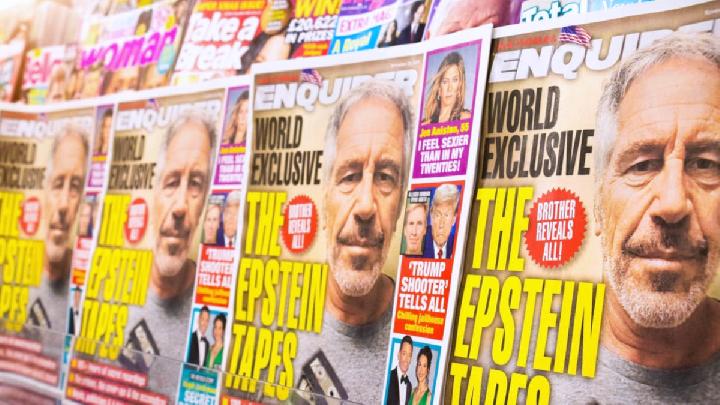


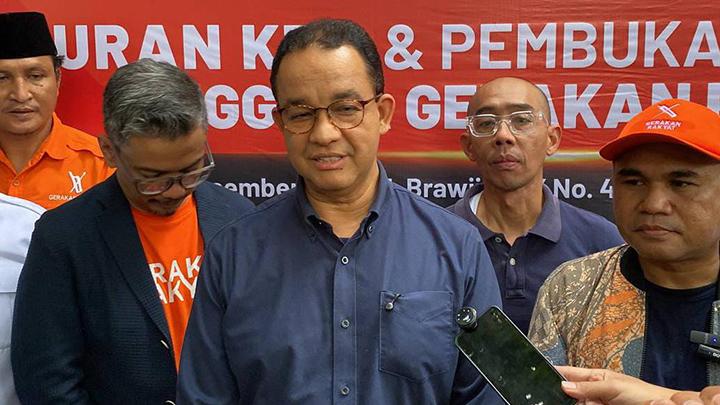
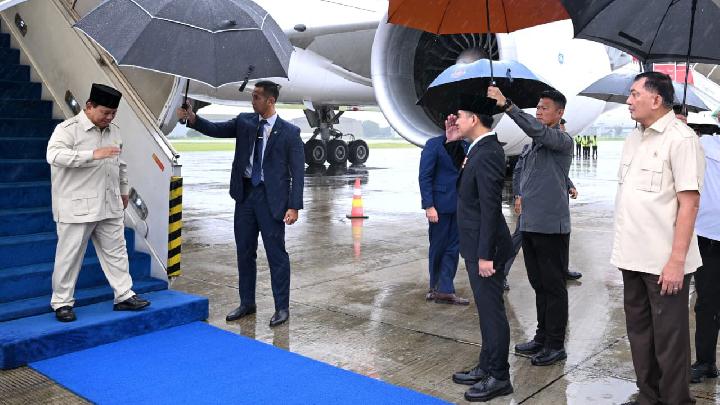




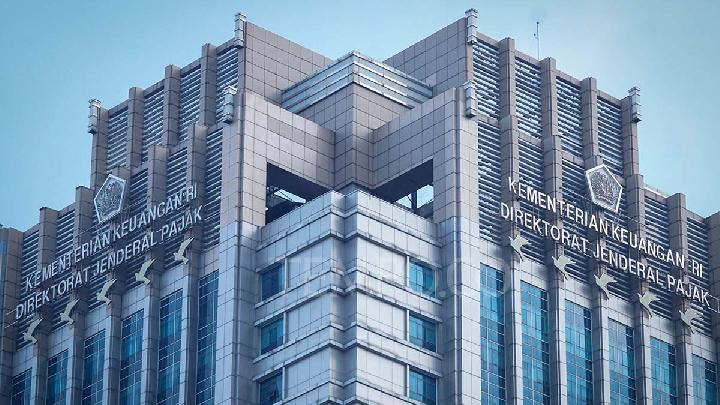
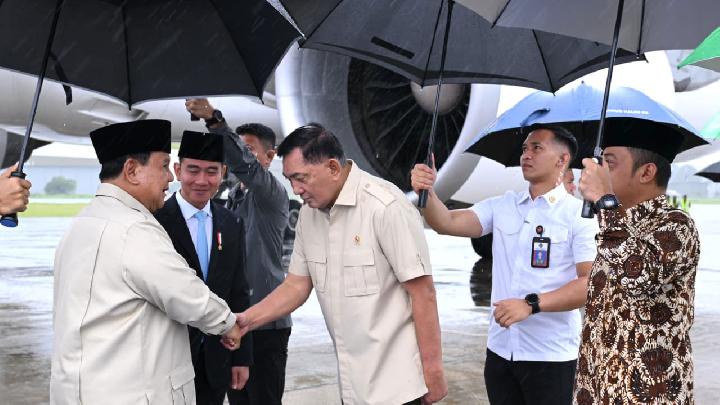
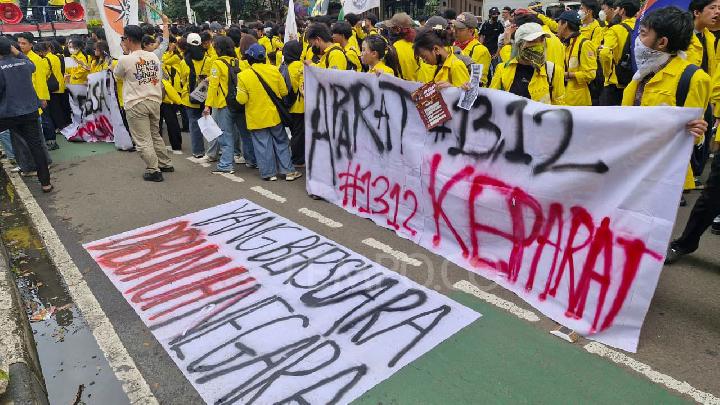
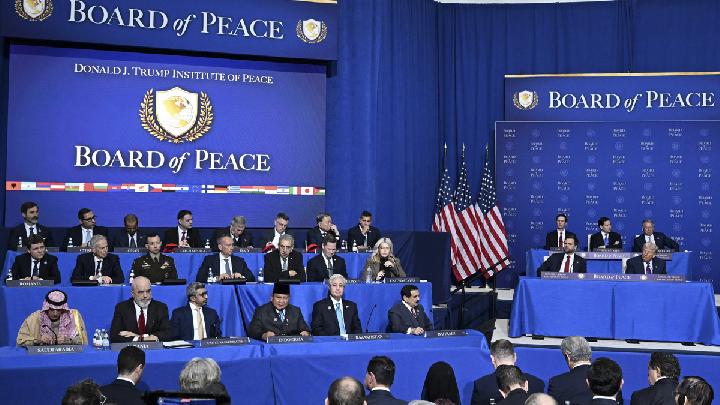
















:strip_icc():format(jpeg)/kly-media-production/medias/5348709/original/090969100_1757859256-bioskop.jpg)
:strip_icc():format(jpeg)/kly-media-production/medias/4010689/original/086569000_1651202668-pexels-rayn-l-3163677.jpg)
:strip_icc():format(jpeg)/kly-media-production/medias/5428698/original/015580400_1764559226-Kalender_HIjriah_Desember_2025.JPG)
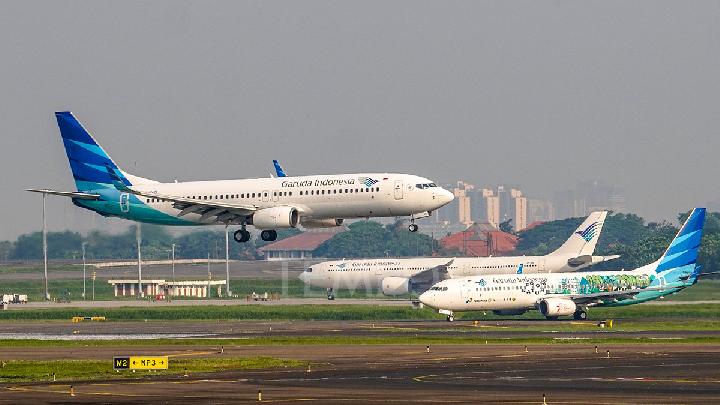
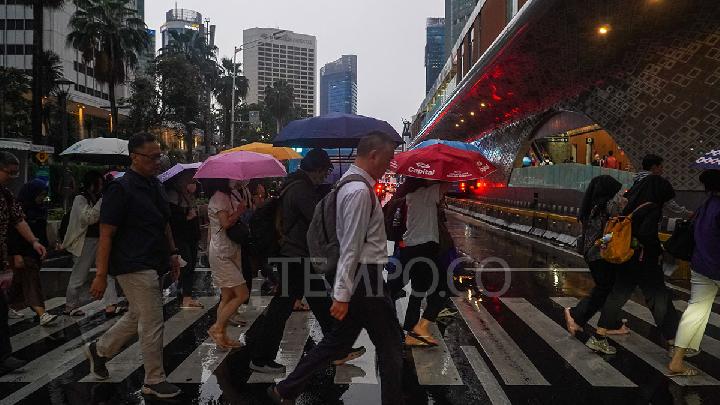

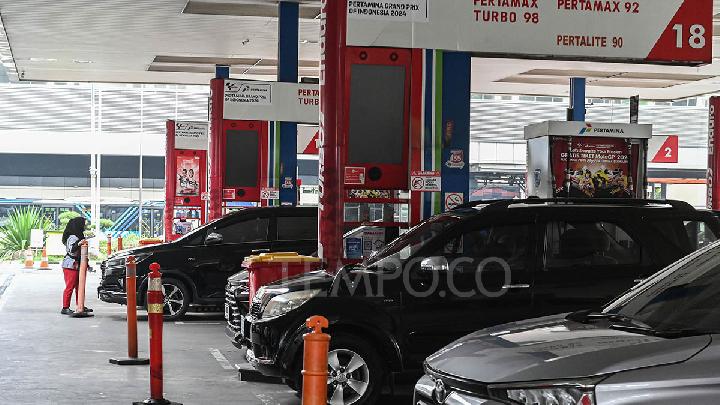
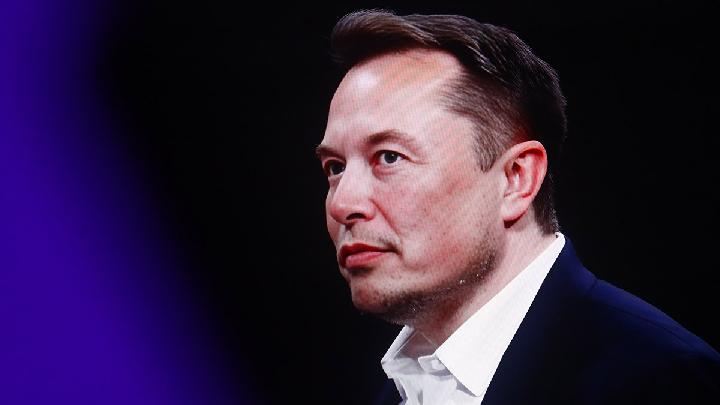





:strip_icc():format(jpeg)/kly-media-production/medias/2855596/original/055794600_1563344847-iStock-1134972492.jpg)